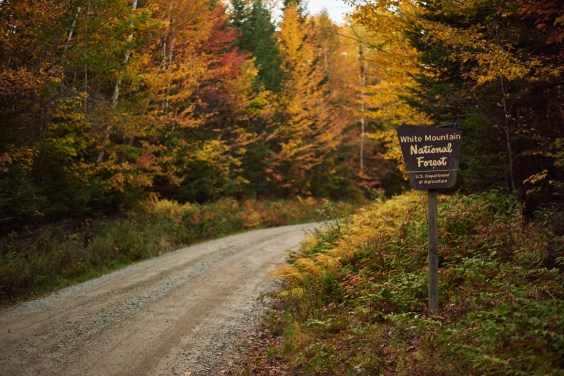There's been a little bit of a back-and-forth lately on the subject of transportation subsidies.
In a recent editorial in the right-leaning Washington Examiner, Josh Barro argues that transit is subsidized more per capita than roads, and that transit advocates should focus more on changing zoning laws that impede compact development.
But the history of government favoritism for roads runs much deeper than Barro lets on, says Sherwin Lee at Seattle Transit Blog. Which mode gets more subsidies in 2012 is almost besides the point, he writes, because for decades public policy has tilted the playing field in favor of cars:
I won’t even deny Barro’s argument that if you eliminated all transportation subsidies tomorrow, cars would probably win out. However, I think this is all moot if you don’t consider the context of transportation and land use subsidies, which have historically favored automobiles by a large margin. There was a significant amount of post-war growth attributable to government mandates – highways, sprawl, single-use zoning, to name a few.
The important thing to remember is that because of this massive infusion of subsidies, we built our cities around the car, sprouting land uses that effectively put transit at a cruel disadvantage. This inequity persists today – clear evidence that the pace of land use changes are monumentally slower than the speed at which we implement transportation investments. As a result, it would be difficult for transit to catch up, even if we matched the real value of historical subsidies for automobiles.
I think there’s something to be said about demand here. Tract developers and highway advocates say people want single-family low-density living environments, as if there’s pure market demand for it. However, much of this demand is latent, having no basis for existence had the government not meddled in suburbanization and land use affairs as a matter of public policy.
Elsewhere on the Network today: Seattle Bike Blog reports that Washington state's "vulnerable users" law is just coming into effect. The Greater Philadelphia Bike League writes that Pennsylvania is closing the loophole that encouraged drivers who hit pedestrians and cyclists to flee the scene. And Greater Greater Washington asks why the region has been so careful to comply with every National Transportation Safety Board recommendation except one: cell phone bans.






